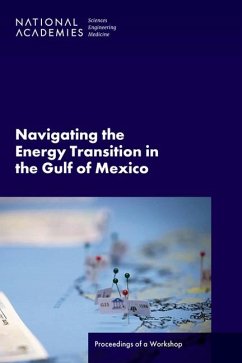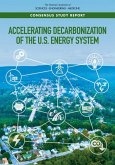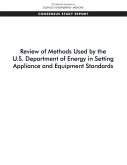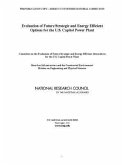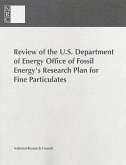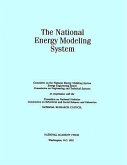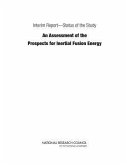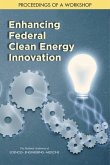Today, with a changing climate putting pressure on communities and ecosystems worldwide, goals for a carbon-neutral economy mean that renewable and low-carbon energy sources are being presented as solutions. While these cleaner energy sources have the potential to reduce risk to the environment and bring energy security closer to a reality, questions remain about the stability of the energy supply chain, the ability to meet energy demand reliably, and the best ways to produce fair and equitable outcomes in an energy transition. To serve as a catalyst for developing new insights and coordination around the energy transition, the Gulf Research Program at the National Academies of Sciences, Engineering, and Medicine convened a 2-day workshop in Washington, DC, called Navigating the Energy Transition in the Gulf of Mexico. Based around two scenarios in the year 2050 - one in which a carbon neutral economy is achieved and another in which robust dependence on fossil fuels remains - this serious gaming event stimulated the sharing of ideas, concerns, and cascading impacts from participants across academia, industry, government, and Gulf communities. This publication summarizes the activities, presentations, and discussion of the workshop.
Hinweis: Dieser Artikel kann nur an eine deutsche Lieferadresse ausgeliefert werden.
Hinweis: Dieser Artikel kann nur an eine deutsche Lieferadresse ausgeliefert werden.

